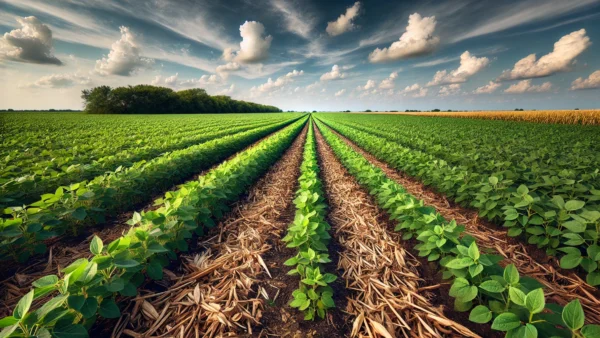I attended the World Agri-Tech and Future Food-Tech conferences in San Francisco in March. It was a wild time to be in the Bay Area just days after major banking failures, such as Silicon Valley Bank (SVB), and the U.S. government announced measures to protect depositors and stabilize the banking industry.
You’ve no doubt heard countless opinions of these bank failures and the possible impact on startup companies. Most of the initial reactions seemed unsympathetic to the innovators caught in the middle. The traditional seed industry has sometimes viewed startups like classic overpromise but underdeliver ventures that sound good, but aren’t actually viable. They see the amount of money raised, the little commercial activity and have a hard time squaring that with their daily battles to make payroll and squeeze out a margin. The founders may give some great speeches, but end up spending all their investors’ money and just move on to the next idea. To be fair, some of that has happened. Why should the government help companies that took on all that risk, some asked?
But my experience from working with dozens of startups in the seed, biotech and farming space is just the opposite. They are hard-working men and women who truly believe they can make the world a better place with new innovations and collaborative business models. They seek to change the industry paradigm and create opportunities outside of the multinationals. And, in fact, the only way to reinvent an industry is by taking some big risks!
Cracking the code on new innovations is incredibly hard. Not just in getting the science right, but in constantly having to climb over a series of regulatory minefields, intellectual property (IP) hurdles and germplasm barriers. These innovators tend to struggle to get their new products out of the concept phase and to commercial scale, which is why the path to revenue can be so winding.
This is where Gro Alliance has helped startups find success. We bring the entire seed supply chain together for innovators and developers. We have a full suite of breeding services (including counter-season), seed production services and can aggregate elite growers for closed-loop grain systems. We can also connect these innovators with independent seed companies and provide significant mutual benefit. The innovators get access to a path to market on more favorable terms than with a large company. The independent seed company gets a head start with a value-added product and achieves a measure of clear differentiation in a noisy market.
I believe the government did the right thing in supporting the depositors who had their cash at SVB. I also think the independent seed industry can benefit by being more active in engaging with startups and innovators to find opportunities. Most independent seed companies don’t develop their own IP but have trusted relationships with growers. Pairing the innovation from startups with the on-farm credibility of independent seed companies creates a win-win-win scenario for innovators, seed companies and farmers.









